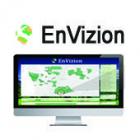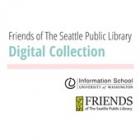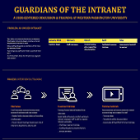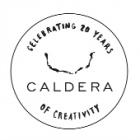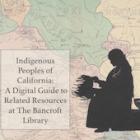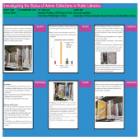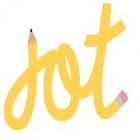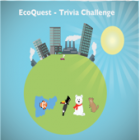
EcoQuest Trivia Challenge - Learning Through Games
Our planet is in crisis. The twenty first century is the hottest on record and we’re already seeing drought, increased natural disaster events and mass extinction. At this rate, the world that our children grow up in will be very different from what we have today - and we need to include them in the effort to preserve our planet. EcoQuest is a trivia game that teaches children about four animal ambassadors whose habitats and lives are impacted by climate change. The trivia questions follow a proven pattern for inspiring action: learning about an ambassador to build empathy, learning how climate change affects their well-being, and providing ways that kids can reduce their carbon footprint and, in turn, help the animal ambassador. We believe that, if kids can find a passion for the preservation of our planet, they will incorporate it into their daily lives, for the rest of their lives.

